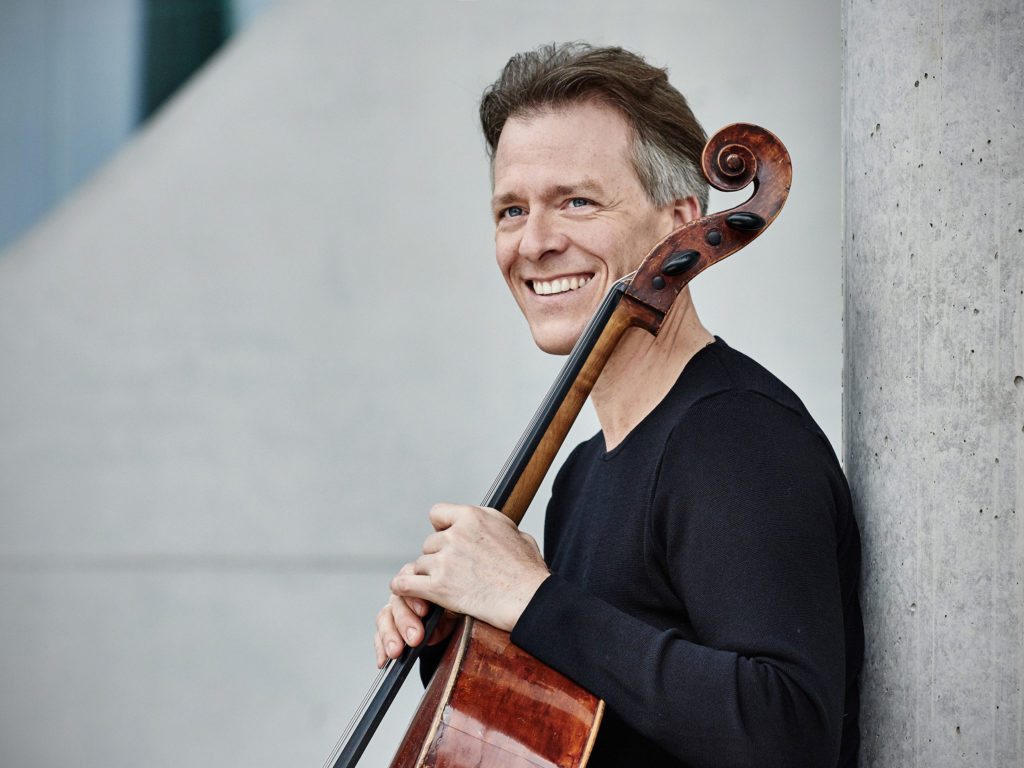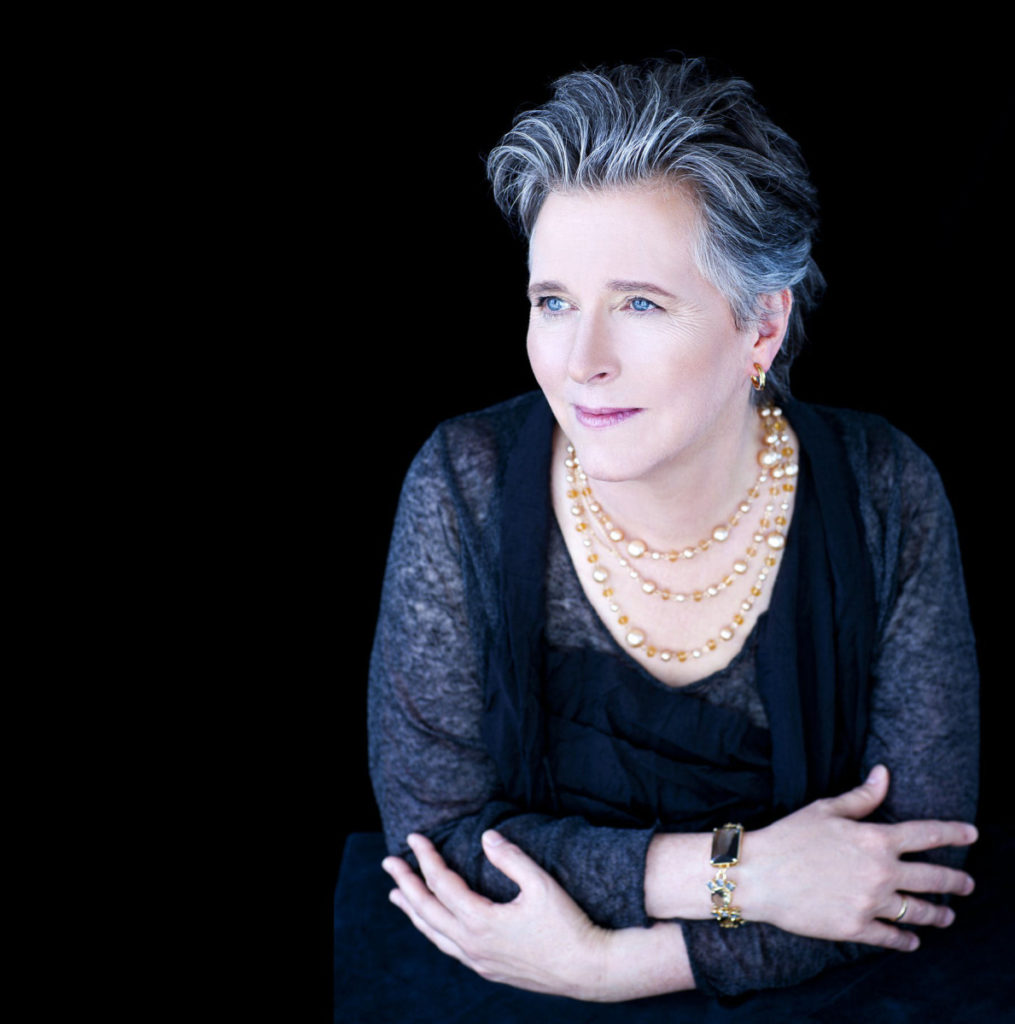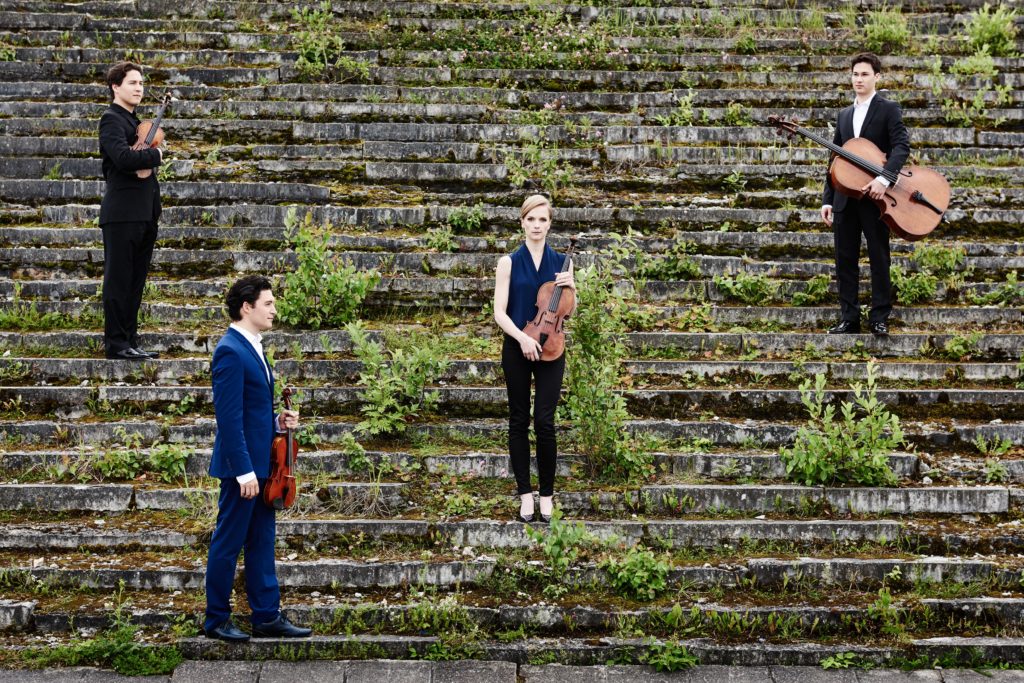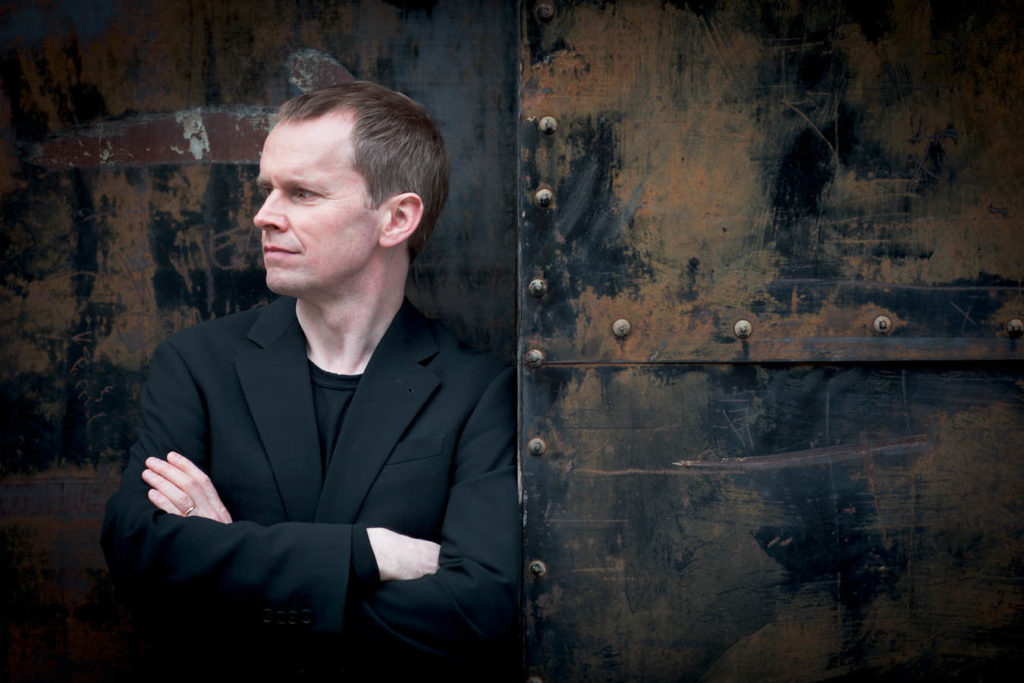Reach for the Stars
Feature
Unveiling the new Master Series at Kings Place, some of the exceptional artists involved talk to Amanda Holloway about their programmes, and consider what mastery means.
German cellist Alban Gerhardt has been honing his art for more than 30 years, and continues to do so every day. ‘There is no limit to this process if you not only think of mastering the instrument but with it the music you are playing,’ he says. The solo part of his programme is a marriage of Bach and Britten suites. ‘That the Bach is a favourite goes without saying, but I have been playing the First Britten Suite for almost 30 years. Whenever I start working on it again, I love it even more, just as I do the Bach Suites – a strong sign of a great composer. Britten and Bach work beautifully together, and both feel very improvisatory to me, strangely enough.’
Of Max Reger’s Cello Suites, he says, ‘Reger’s Second Solo Suite was part of the programme for my very first international competition. I didn’t do too well in it, but the stress and experience of having learnt and memorised ten major different pieces in such a short time was great training for my later life as a performer who doesn’t like to play the same pieces too often. When Hyperion asked me to record all Reger’s works 20 years later I happily agreed, because I had fallen in love with every single piece. I still feel the music of this grumpy old guy represents the German stereotype in a rather unique way: deeply romantic, but at the same time pessimistic and lonely, and when trying to be funny, often failing miserably!’

© Kaupo Kikkas
‘Mastery includes being able to do as you like with the music without being hindered by technical problems’
For Gerhardt, mastery includes ‘being able to do as you like with the music without being hindered by technical problems. Somehow, the older I get the more I realise how wrong I was to think I had arrived at a certain level of mastery. Today I feel much more in charge and more able to express what I want to than I was ten years ago.’
Gerhardt can think of one great example of a master – Mstislav Rostropovich. ‘There is nobody around like Rostropovich; he truly mastered cello and music, making composers write the most amazing pieces, among others this Britten Suite, and setting standards for the entire cello repertoire. Except possibly the Bach Suites!’
‘If you start thinking you are a master of your instrument then you have lost all sense as well as your artistic creativity.’
For pianist Janina Fialkowska, her mentor, Arthur Rubinstein, was a true master. ‘He combined a total control over his interpretative vision with knowledge, experience, extraordinary talent for the instrument, immense imagination, an unusual affinity for the composers and an irresistible aura on stage. Those are a master pianist’s attributes.’
She believes that mastery is not something to be taken for granted. ‘If you start thinking you are a master of your instrument then you have lost all sense as well as your artistic creativity. Self-criticism and humility are key to becoming a healthy, always developing, improving performer.’
Widely admired for her performances of Beethoven and Chopin, she is bringing a programme of French music to Kings Place, chosen, she says, ‘like an excellent French dinner menu. To start with, as an hors d’oeuvre, a captivating, unusual piece, nothing massively profound or heavy. A nice well-balanced main course and finally something uplifting as a dessert.’

© Julien Faugere
The acoustic of Kings Place is perfect for the music of Fauré, Debussy and Ravel, among others. ‘A smaller hall enables me to create a far closer rapport with my audience and I can play around with all sorts of piano colours and sounds denied to me in a “mega-hall” – all particularly good when dealing with the refinement and subtleties of French music and the delicacy of Chopin.’ It was Fialkowska’s affinity with the music of Chopin that brought her to the attention of the great Arthur Rubinstein. ‘I understand Chopin’s rhythms, I understand his nobility, his nationalism, his elegance and his reserve. I love his melodies above all and his drama at the keyboard never fails to thrill.’

© Kaupo Kikkas
Chopin is one of the few composers not to feature in the Schumann Quartett’s programme Chiaroscuro, which links together figures as diverse as Philip Glass, Mendelssohn, Webern and Janáček by means of individual Bach fugues. ‘The idea was inspired by Mussorgsky’s Pictures at an Exhibition, where the “Promenades” also connect the different “paintings”, says second violinist Ken Schumann. ‘The fugues act as a bridge in this programme, where there are contrasts between light and dark, but also between characters, atmospheres and colours. We want to give the audience an impression of each composer and his particular language, like in a museum. And of course they are works we love to play.’ He sees Janáček’s Second Quartet, Intimate Letters, as the climax of their concert. ‘If you interpret our programme as a life-long journey, this masterwork, written just before his death, reflects not only Janáček’s passionate love for Kamila Stösslová, but also his whole life.’
Three members of the quartet have a unique advantage in their music-making – they have been playing together all their lives. The Schumann brothers, Ken, Mark on cello and Erik on first violin – were joined in 2012 by Estonian-born violist Liisa Randalu. The family connection makes verbal communication almost unnecessary, says Ken. ‘We know each other so well that we don’t need to talk about everything. It’s just clear how it should be.’
What does mastery mean to a quartet? ‘There is a special moment when you start to forget about yourself and your “ego” and really live freely in the music,’ says Ken. ‘Music and art is a lifelong journey. You can only try to get a little closer to the truth (if there is one) and you will always be searching for something that is bigger than you.’
‘There is a special moment when you start to forget about yourself and your “ego” and really live freely in the music’
Scottish pianist Steven Osborne completes the series with a programme of Schubert and Prokofiev, two composers whose worlds he conjures up so magically. ‘This was a masterclass in the true beauty of pianism, delivered with an intelligent and instinctive musicality,’ said The Scotsman of a recent recital. What better recommendation for his appearance in the Master Series?

© Ben Ealovega